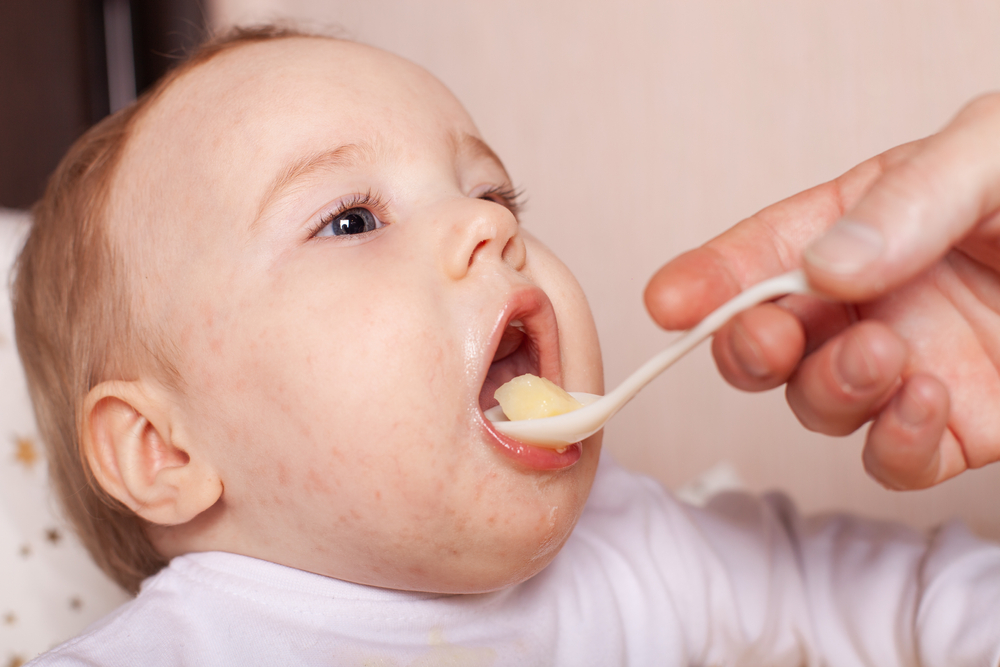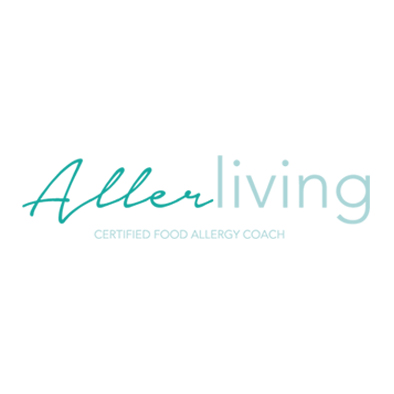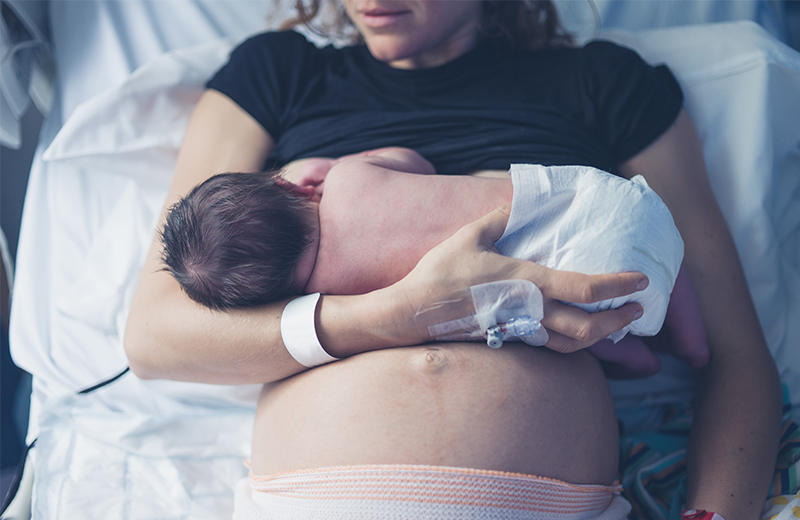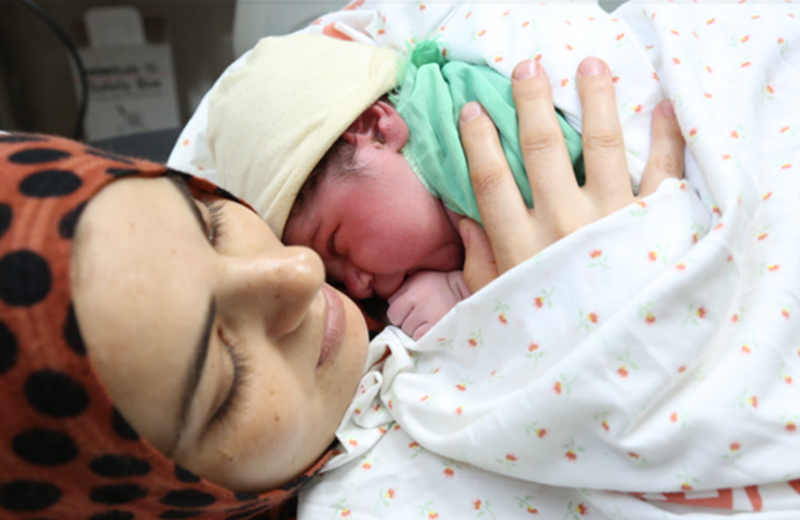Children's Health
Can a new mom's diet cause food allergy to the baby

Many questions will come up in mind to a mom, when she sees her little one suffering from food allergy.
“Is it my fault that my baby has food allergy?”, “How can food allergies be prevented?
“is it something I ate or didn’t eat while I was pregnant or breastfeeding?”
“is there anything I should have or should have not done that has caused my child’s food allergies?!!”
And my answer to those concerned moms who usually come to me is NO!
You have nothing to do with it!
Studies generally have not shown a role for maternal exclusion diet during pregnancy or lactation in preventing allergic diseases in children.
Food allergies are NOT caused by what a mom eats during pregnancy or during breastfeeding! They are caused or determined by some genetic and environmental factors.
The percentage of a child having food allergy is higher if one of his/her parents has it, and it increases more if both of his parents are having food allergies.
but still that doesn’t mean that all children with parents with food allergies will develop a food allergy condition, and not all children with food allergies have parents who do!
Thankfully, promising research today and Scientific evidence that we have now for some foods, like peanut and egg, suggest that introducing these foods early into the diet within the first year of life, could decrease the risk of infants developing allergies to these specific foods.
Studies have shown that delaying these specific foods did not decrease the percentage of children developing food allergies.
In the contrary, introducing a variety of foods early in life is now recommended, and it may help lower the risk of certain food allergies like peanuts (Early typically means at six months but can be as early as four months).
Many families and parents still struggle to adapt to the new recommendations, for they were told that babies, especially those considered at high risk for developing a food allergy, should completely avoid high allergic foods (like: milk, eggs, fish) until the age of one or older.
Milk was previously advised not to be introduced until the of age 1, eggs until the age 2, and tree nuts, peanuts, and fish until the age 3.
But now, many studies are showing that early introduction of allergenic foods starting from 4-6 months of age; preferably while breastfeeding, and keeping that food in the diet on a regular basis is the best way towards PREVENTING food allergy development.
Here are some tips you need to consider when introducing allergenic foods to your baby’s diet:
-
Food allergens should not be the first foods to be introduced.
start with traditional vegetables and fruits, gradually with small amounts, one kind at a time, giving 3- 5 days from one food introduction to the other.
-
Make sure your child is well and healthy.
better to try new foods at home and during daytime (not late at night - so you can observe symptoms more clearly and easily reach assistance if needed), and stop introducing the food as soon as symptoms arise.
Parents should always work with their allergist on when and how to introduce foods to their babies, especially if they think their baby is considered at high risk for food allergies, like having severe eczema and/or egg allergy.
Science changes...as does our understanding...














